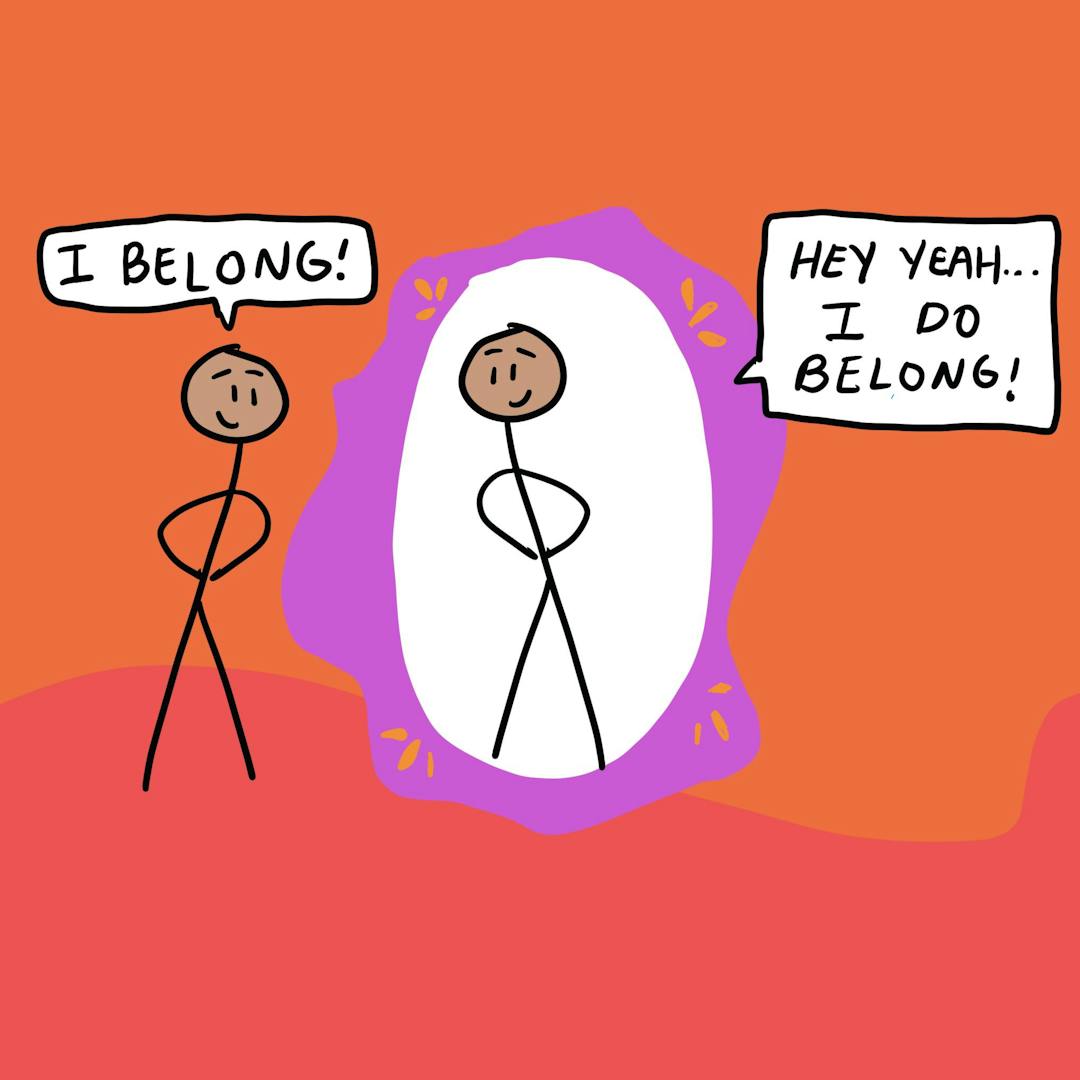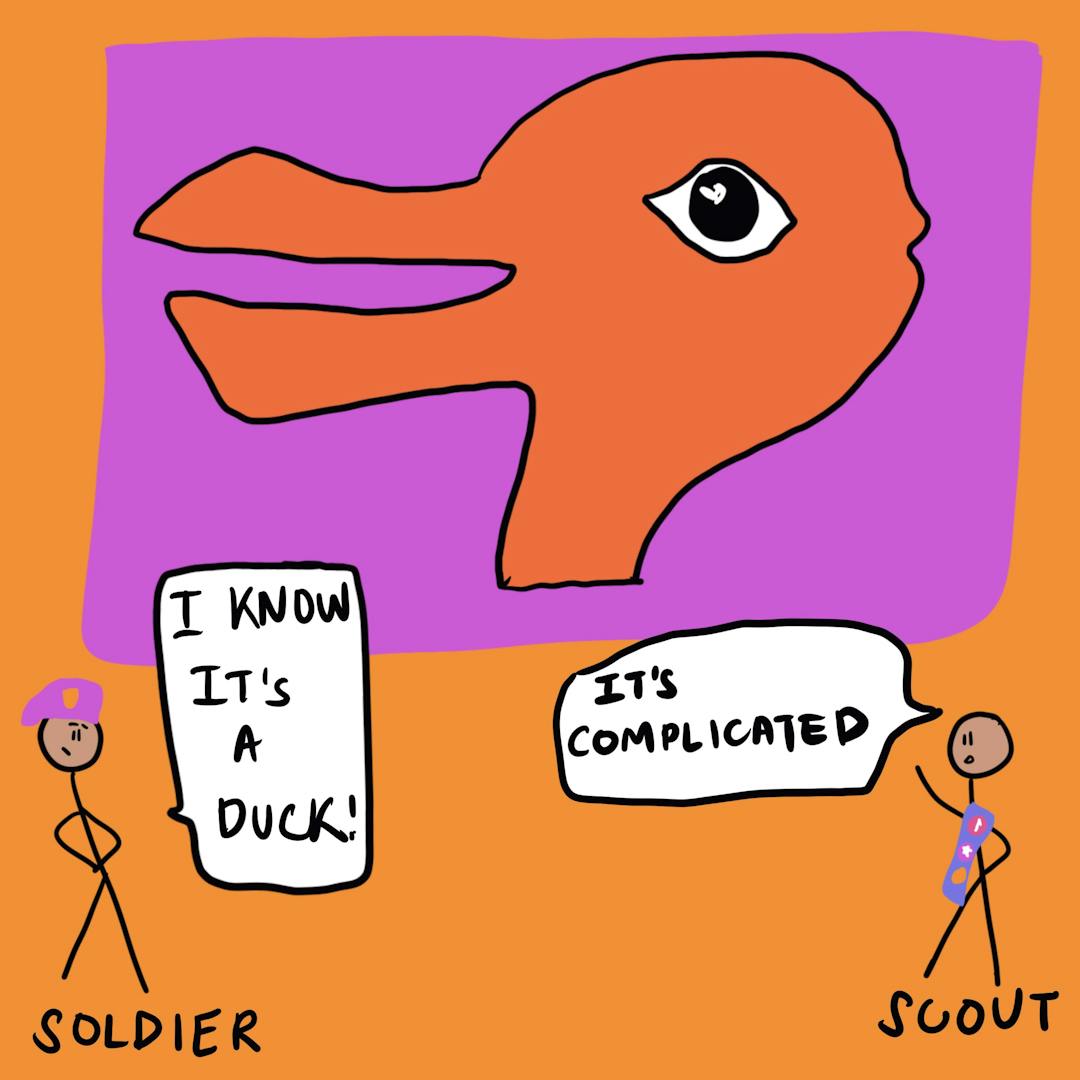The Attention Economy: Evelyn Gosnell

Art by versusthemachines
I’m very concerned about the attention economy, and how can we think about making people more productive. You know, something like email, which pings us all day long is not in line with any of the research on how people can be productive.
Intro
In today’s episode, we are joined by Evelyn Gosnell, Managing Director at Irrational Labs and frequent speaker in behavioral economics and consumer psychology. She is an expert in helping companies use the science of decision-making to better understand how real people think and behave, thereby creating better products and services for them. Evelyn is also the Head of Product Development and Behavioral Science at Shapa, a health startup founded by behavioral scientist Dan Ariely. Evelyn’s work spans across a broad array of industries. She has launched major health initiatives with companies such as Aetna, developing and implementing behavioral training programs to be used at scale. She has worked with Google, Procter & Gamble, The World Bank, Maritz, AARP, CUNA Mutual, among others. Evelyn also teaches a course on behavioral economics through UCSD Extension and is a frequent guest lecturer at the Rady School of Business at UCSD.
In this episode, we discuss:
- How Evelyn’s product background helped her in her current role at Irrational Labs.
- Shapa’s approach to the “overweight” problem: nudging with a numberless scale.
- Is Nudging overused? And, why transparency is critical to creating an ethical code of conduct around behavioral science.
- Empiricism versus efficiency and creating a culture of rapid testing and experimentation.
- Using behavioral science to personalize, predict and direct brand strategy.
- Health, wealth and happiness: Irrational Lab’s guiding principles for selecting projects.
- Why experience is everything if you want to work in applied behavioral science.
- The projects that Evelyn is excited about in the near and long-term future.





